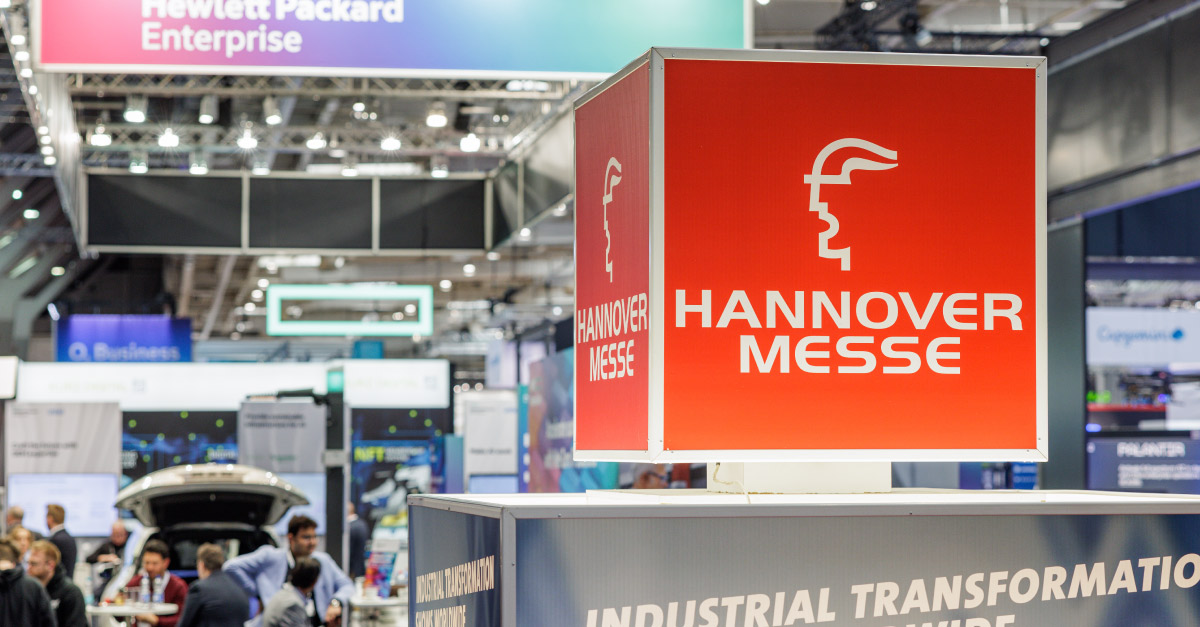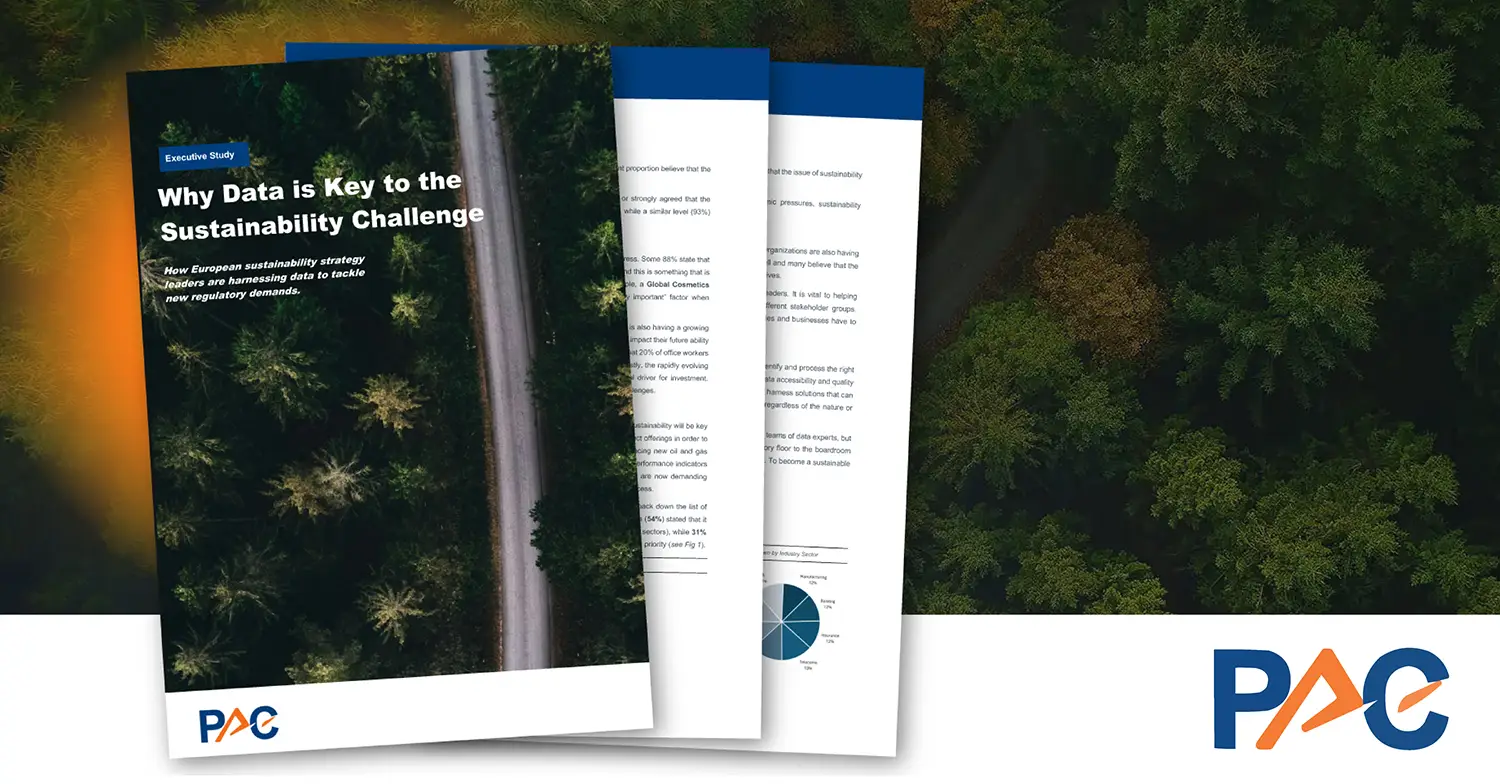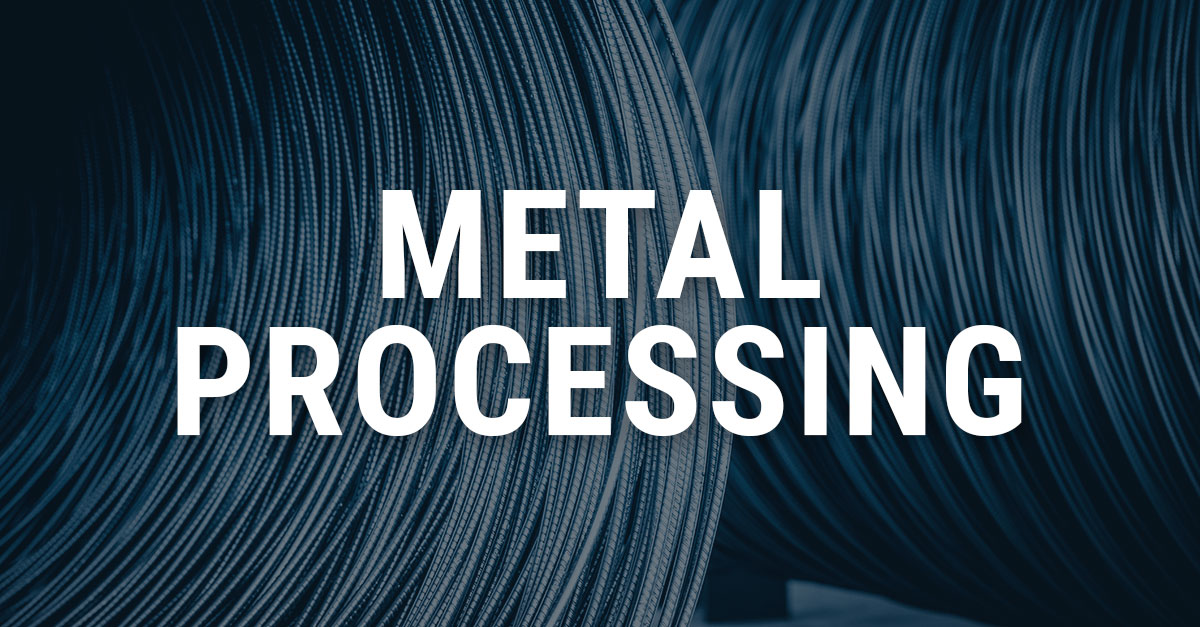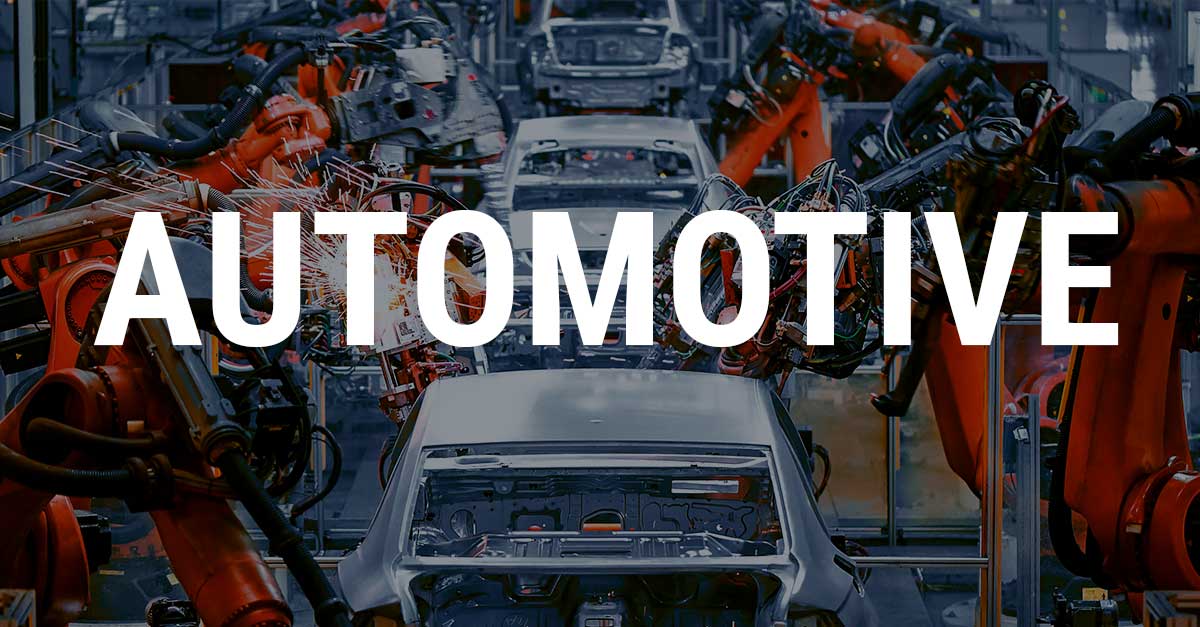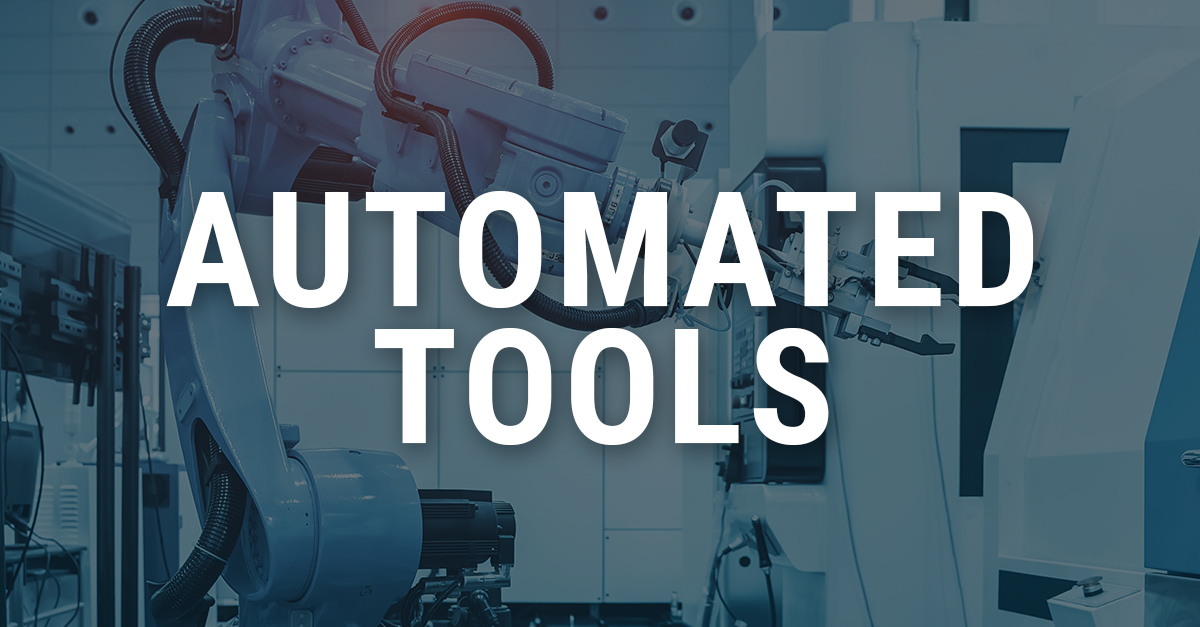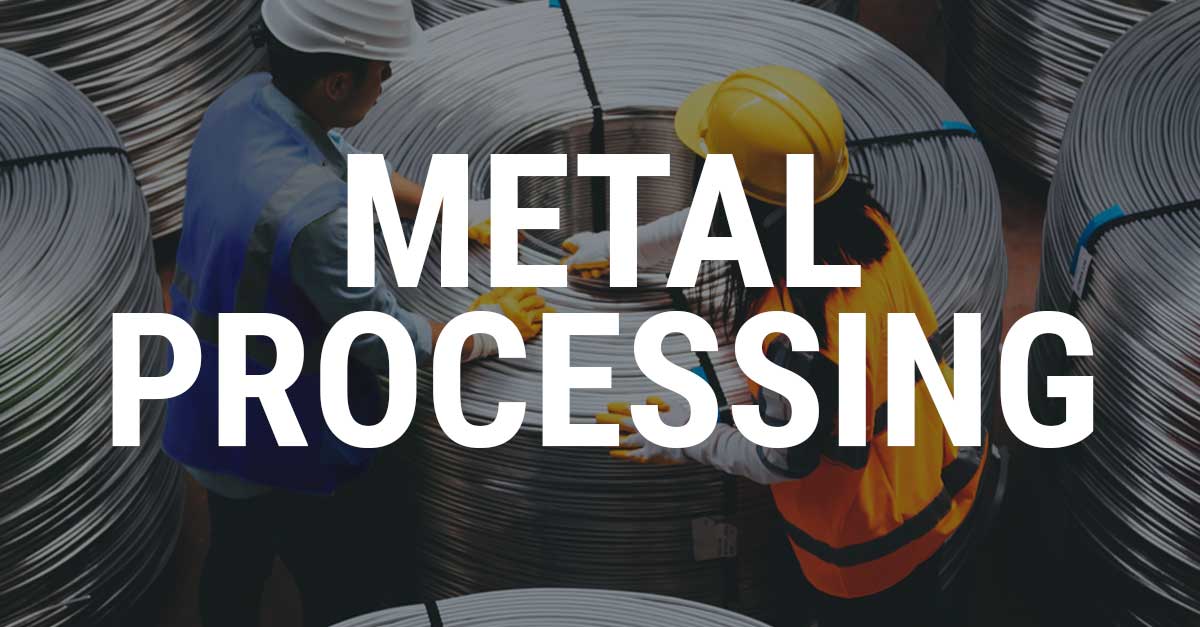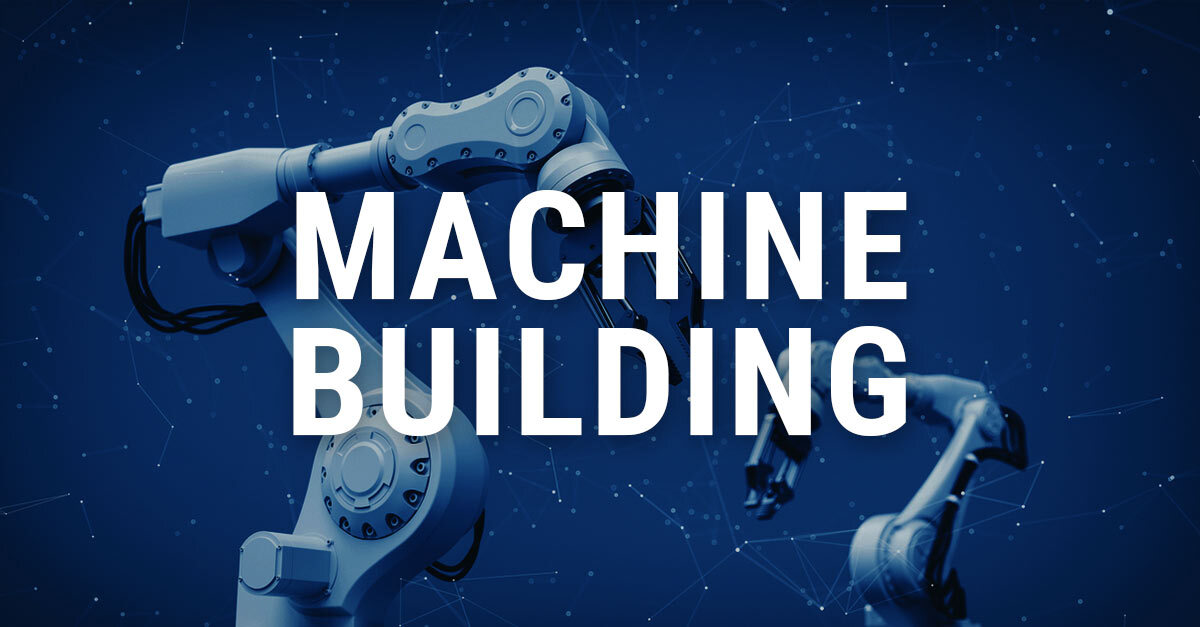What is a Smart Factory?
Smart Factory: Definition, Functions, and Advantages for Industry 4.0
A Smart Factory is a modern, digitally networked production facility that leverages cutting-edge technologies like artificial intelligence (AI), machine learning, big data, and the industrial Internet of Things (IIoT) to analyze data, automate processes, and increase efficiency. In this era of the fourth industrial revolution (Industry 4.0), the manufacturing industry is undergoing a comprehensive transformation as digital, self-learning processes replace outdated systems in the Smart Factory.
These intelligent production facilities analyze large amounts of data and can independently derive actionable insights—an essential requirement for increased efficiency, resilience, and adaptability in modern manufacturing.
Functions and Advantages of a Smart Factory
- Automated Data Collection and Analysis: A Smart Factory collects a wealth of data through sensors and IIoT-supported machines—from machine conditions to current market trends. This data is analyzed in real-time, enabling predictive maintenance and optimized production flows.With the help of machine learning and modern data management systems, market demands can be better forecasted, and just-in-time deliveries can be precisely planned. This not only reduces costs but also ensures more efficient use of resources.
- Sustainability and Improved Safety: Through technologies like blockchain and RFID sensors, a Smart Factory can ensure the origin and quality of materials and components throughout the supply chain. This contributes to a more sustainable and socially responsible production process.At the same time, robots and automated machines improve workplace safety by taking over high-risk tasks, enhancing working conditions overall.
- Higher Product Quality and Customer Satisfaction: The high level of transparency and connectivity within the Smart Factory ensures that companies can quickly respond to changes. With cloud connectivity and digital twins, real-time information and recommendations are available, which boosts both product quality and customer satisfaction. Products can be adapted to current trends and requirements, reducing returns and product complaints and strengthening customer loyalty.
Key Technologies in a Smart Factory
Smart Factories are characterized by a high degree of agility and flexibility. Technologies such as cloud connectivity ensure that all company divisions and global locations can access the same real-time data at any time.
Digital twins provide the ability to simulate and optimize machines and processes in a virtual environment without wasting physical resources. Virtual Reality (VR) and Augmented Reality (AR) systems support employees in production and maintenance by offering immersive, contextual insights into machine states and inventory levels.
Additionally, 3D printing allows flexible on-demand manufacturing, reducing reliance on international suppliers.
Steps to Implement a Smart Factory
Implementing a Smart Factory successfully is often best achieved through the gradual introduction of digital technologies. A system analysis provides insights into the current state of processes and identifies areas that can be optimized through automation and digitization.
It is particularly important to implement systems capable of capturing and processing real-time data, as the core components of the Smart Factory—AI, machine learning, and big data analysis—rely on accurate and up-to-date information.
Companies can start with individual initiatives without disrupting ongoing processes, advancing digital transformation step-by-step. For businesses aiming to remain competitive, the Smart Factory is increasingly becoming the foundation of modern manufacturing.
Efficient, transparent, and future-oriented, it forms the backbone of digital transformation in industry. Its benefits—from increased productivity to optimized sustainability—secure long-term success and make production more flexible and responsive to global market changes.
You might also be interested in
Industry news, recent news and valuable use cases
Best Practices from various industries
The success stories of our customers show how the strategic decision for a Factory Data Hub brings future-proof scalability.
